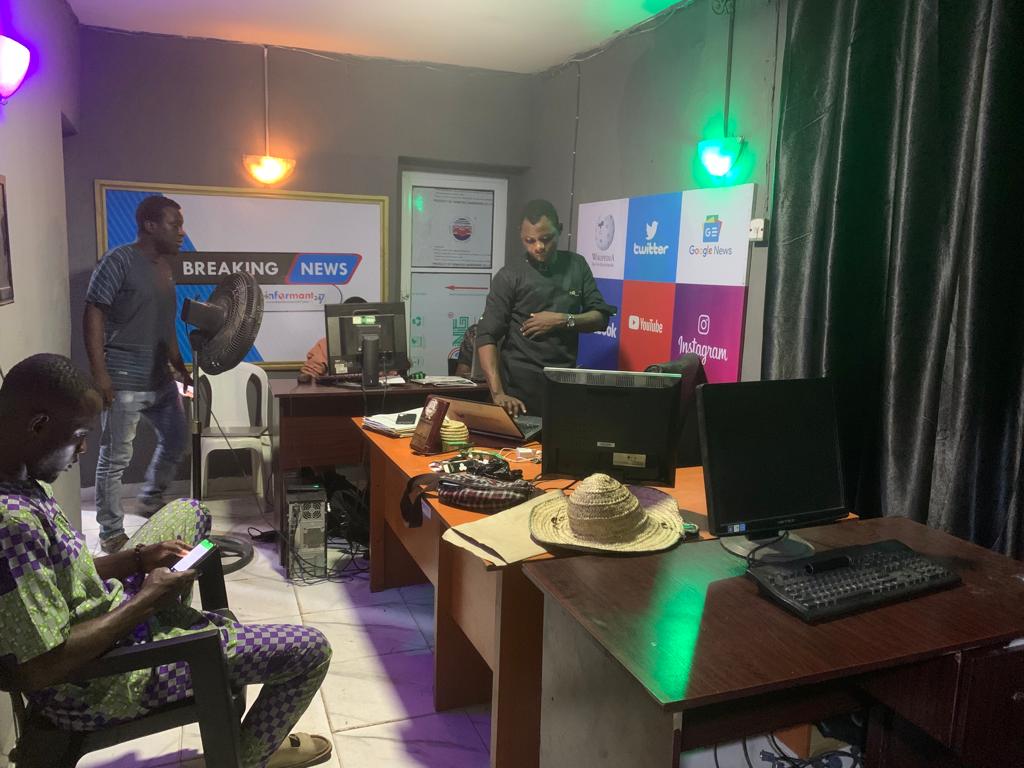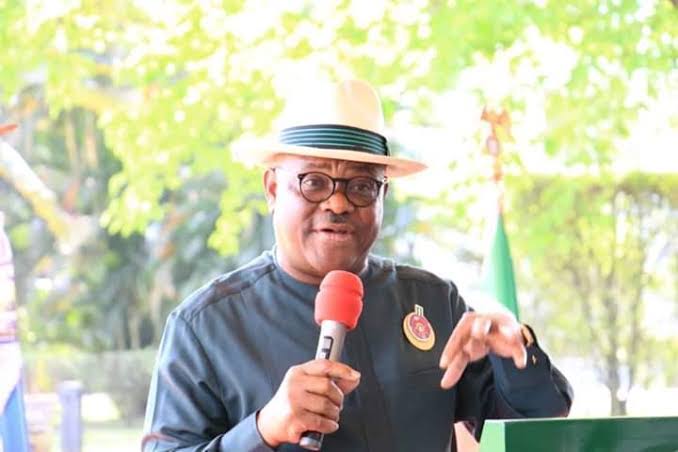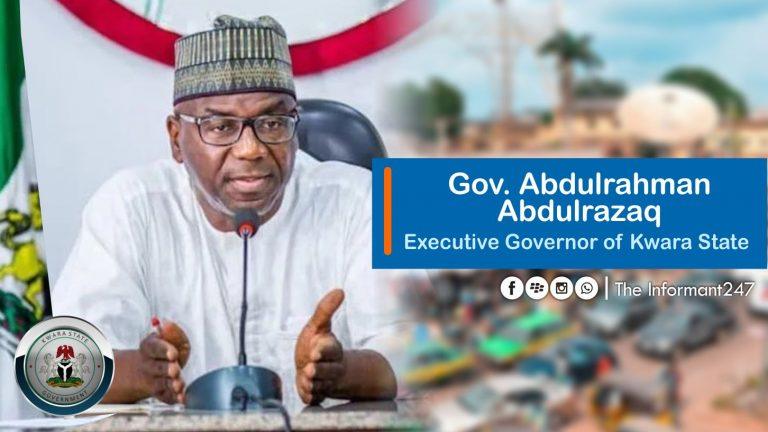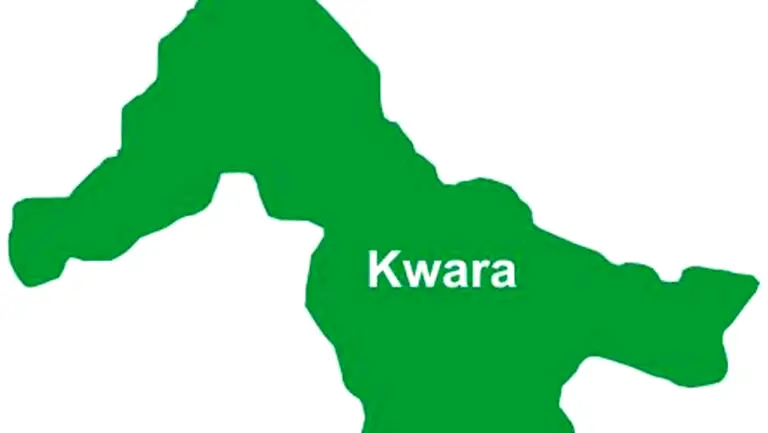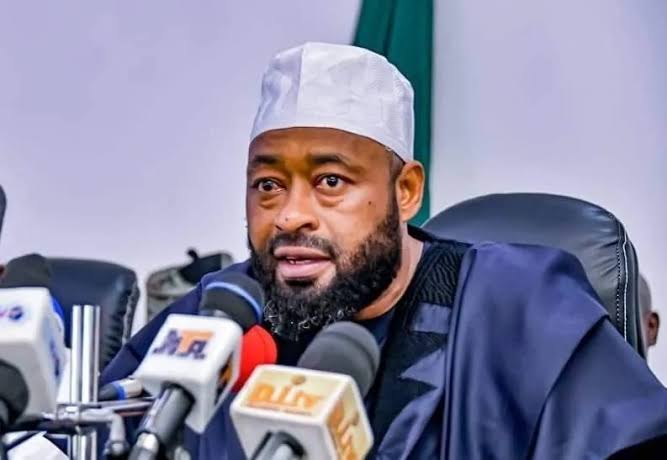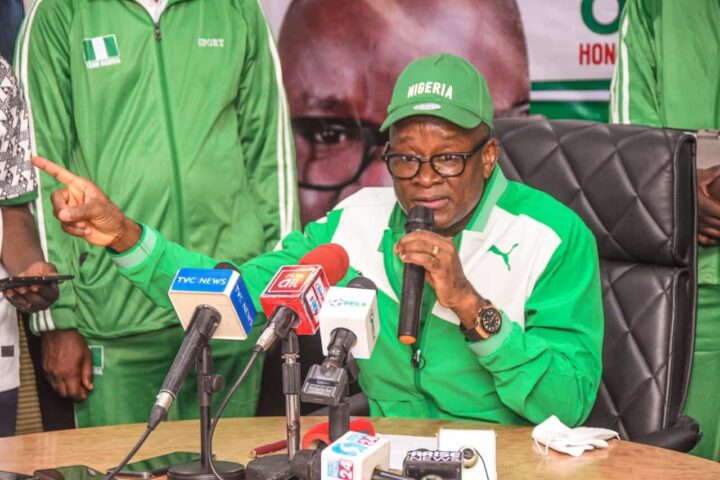Journalists trained on digital security, physical safety in Kwara
No fewer than 10 investigative journalists from The Informant247 and two other newsrooms on Wednesday participated in a one-day Holistic Safety training.
The training covered a range of topics designed to enhance the journalists’ skills and knowledge in critical areas of their safety and well-being, including digital security, physical safety, mental health and legal protections.
The facilitator, Salihu Ayatullahi, who is the Editor-in-Chief of The Informant247, at the start of the training, emphasised its importance due to the increasing attacks on journalists from smaller newsrooms.
“We in small newsrooms face several unique challenges, including limited resources that restrict our ability to invest in robust cybersecurity and secure technology. Our team also lacks specialized technical expertise and legal support, making us particularly vulnerable to cyber threats and legal risks,” he said.
“With this workshop, the journalists are provided with crucial knowledge and tools to address these issues effectively and continue to produce impactful stories.”
Participants, which included Publishers of two other independent investigative newsrooms in Kwara State, commended the media organisation for organising the training.
Abdulqadir Olanrewaju, who is the Publisher of Prudent Watch, a Kwara-based outlet, remarked that the knowledge gained from the training would help them thrive in their journalism practice.
“Applying this knowledge will enable us to conduct thorough and impactful investigative reporting while ensuring the safety and integrity of our work and team. This will not only improve our operational resilience but also reinforce our commitment to delivering valuable and accurate reporting to our community,” he said at the end of the training.
Sulaiman Abdulwaheed, Publisher of Elites Watch Newspaper, a Kwara-based online newspaper, described the training as “unique”.
He noted that the training came at a time when journalists in the state are being harassed and intimidated by both state and non-state actors.
He added, “The skills gained will help us implement cost-effective security measures, enhance our response to emerging threats, and better manage our investigative projects despite our resource constraints.”
The training
The workshop is a step-down training from a masterclass organised by the Wole Soyinka Centre for Investigative Journalism (WSCIJ) under the Collaborative Media Engagement for Development, Inclusion, and Accountability Project.
The masterclass on Holistic Safety for Investigative Reporters, supported by the Netherlands Embassy in Nigeria, was held in early September and included 18 participants from across the country.
During the training, Dapo Olorunyomi, founder of the centre and publisher of Premium Times, urged participants to adhere to the ethics of journalism, stating that every profession is defined not by the length of its training but by its ethics.
Olorunyomi, who led a session on journalists’ safety in emergency situations using advanced evaluation strategies and protocols, added that investigative journalism does not necessarily mean going undercover and encouraged journalists to always have a backup plan and avoid high-risk areas and situations when possible.
Mallam Yusuf Alli, Managing Editor, Northern Operations at The Nation Newspaper, noted that investigative stories come from both formal and informal sources. These sources, he said, include high and low contacts, documents, tips, clips and even social media posts.
He stated, “Contact is the lifeblood of journalism. A journalist must build relationships without compromising integrity. Your contacts are your worth and asset in the job. Avoid exploiting your contacts.”
Why the masterclass
In her opening remarks, Motunrayo Alaka, CEO of WSCIJ, noted that the training comes at a time when journalists, particularly investigative reporters in Nigeria, face increasing risks such as cyber attacks, data breaches, and surveillance.
“In 2023 alone, at least 28 journalists were unlawfully detained, harassed, or intimidated during the general elections. Additionally, 56 journalists were attacked during the #EndBadGovernance protests. These figures underscore the urgent need for enhanced safety measures,” she said.
“There is a significant gap in specialised safety training within media organisations. Journalists often rely on their instincts rather than structured training to navigate dangerous situations, a reality this masterclass aims to change.”

